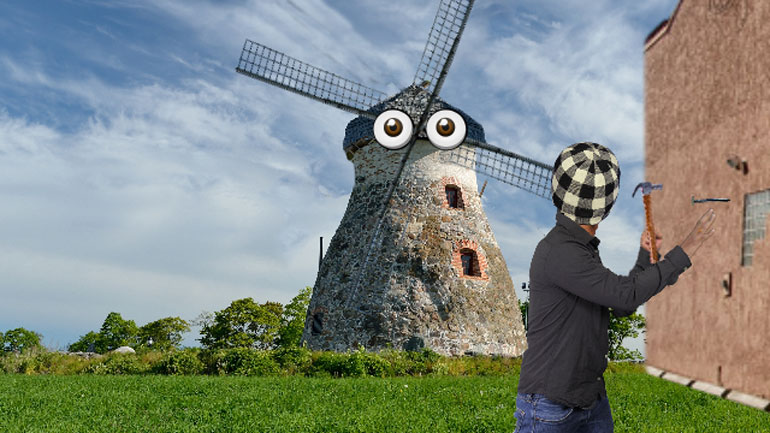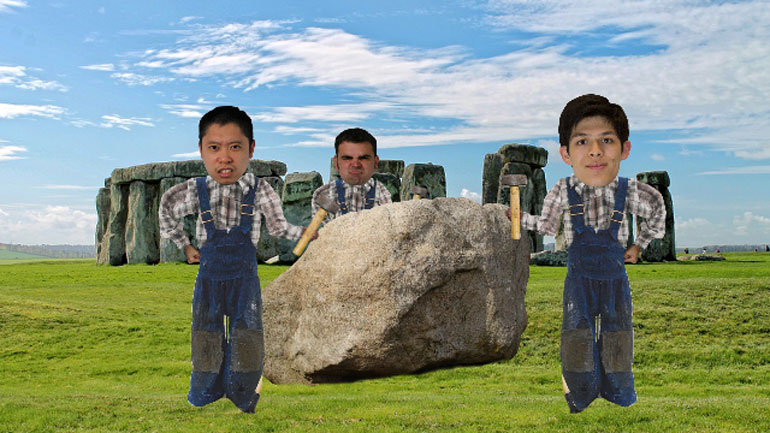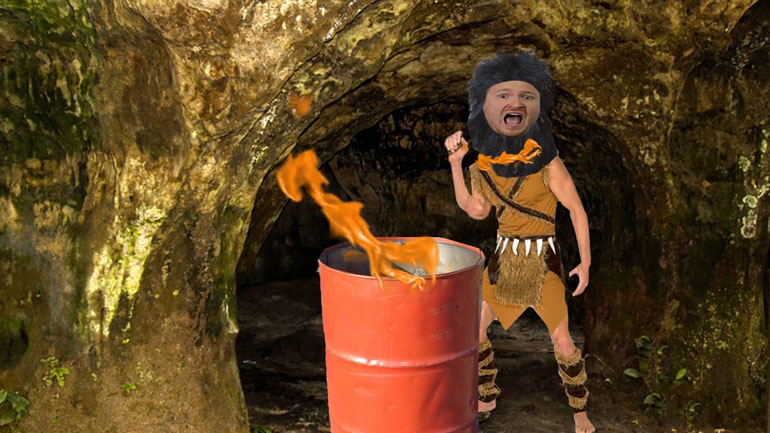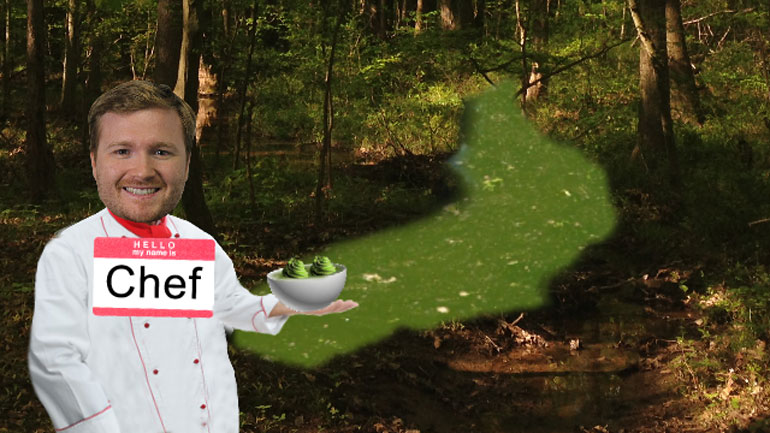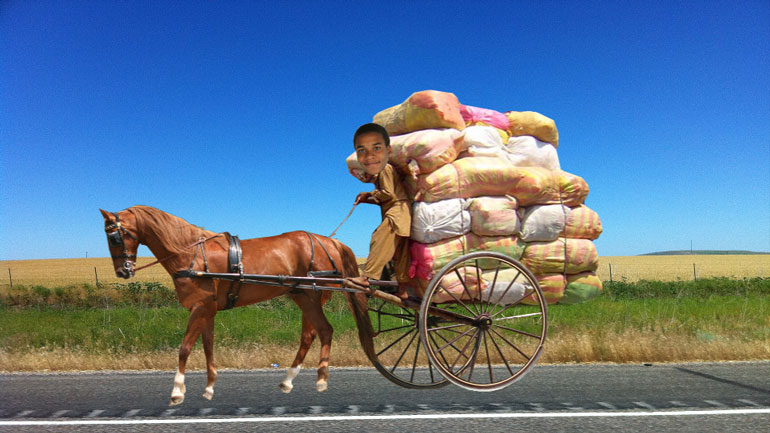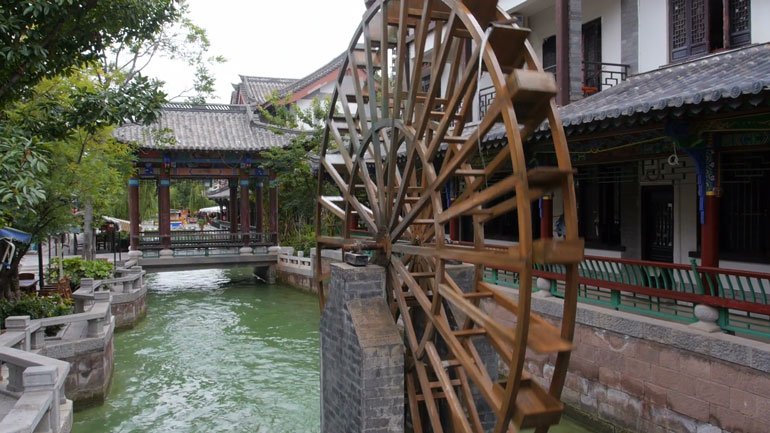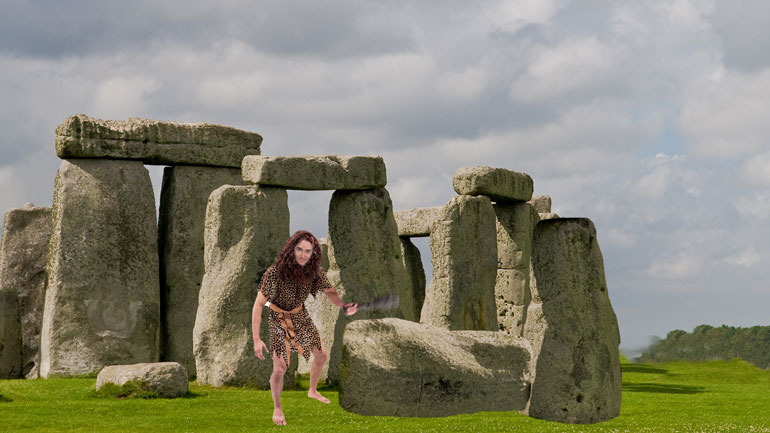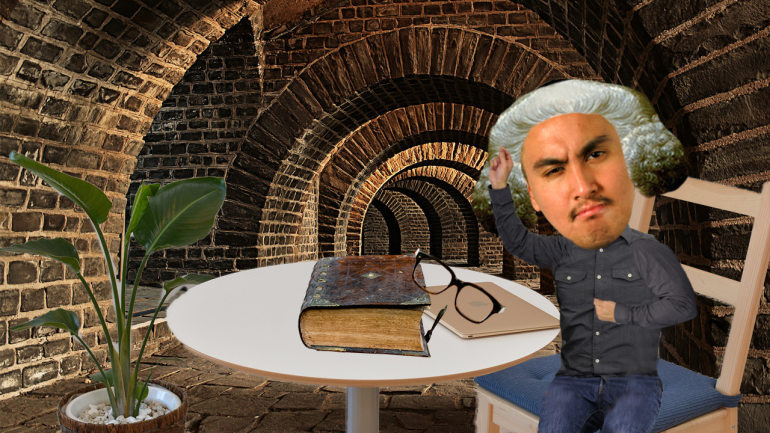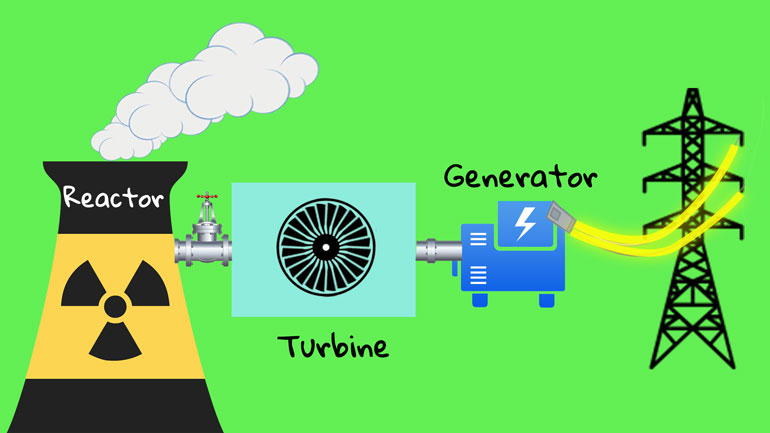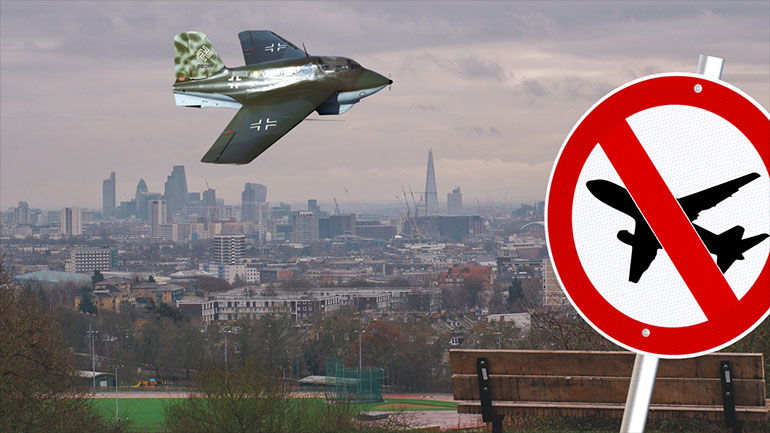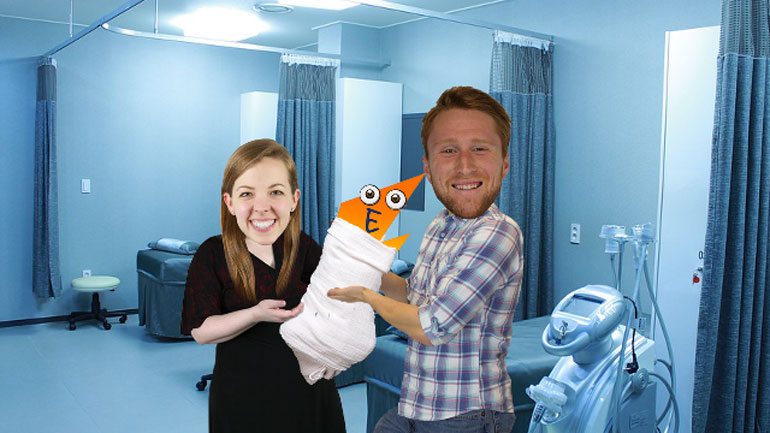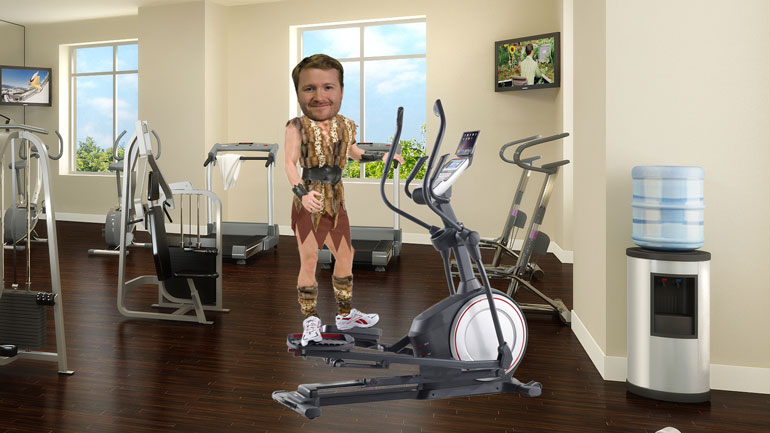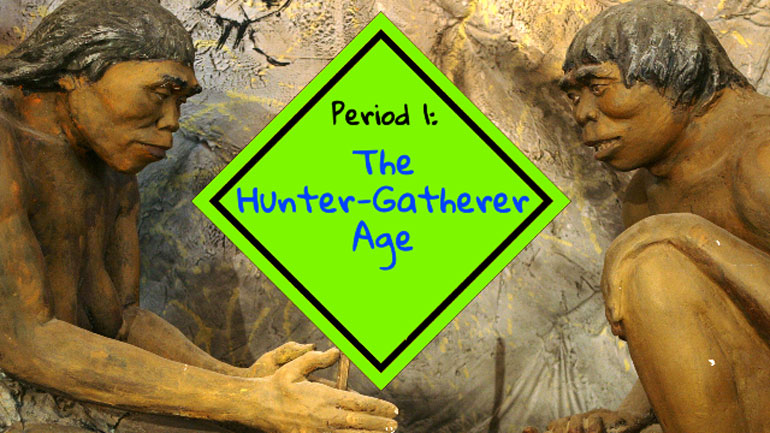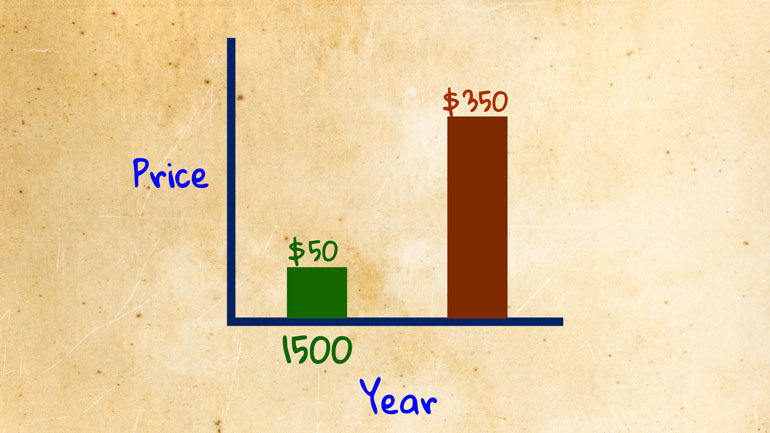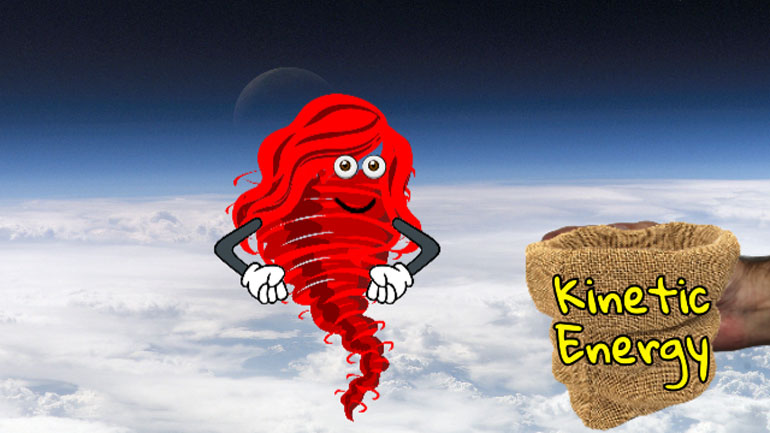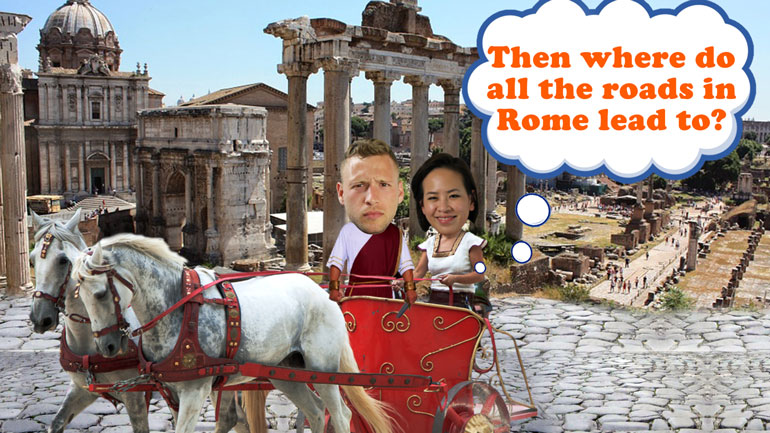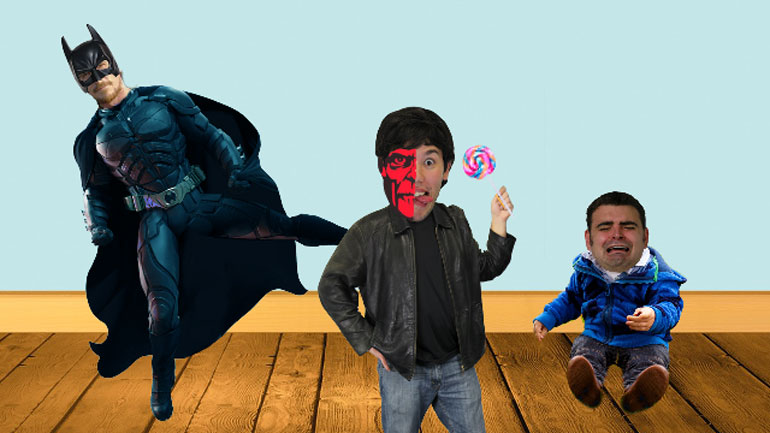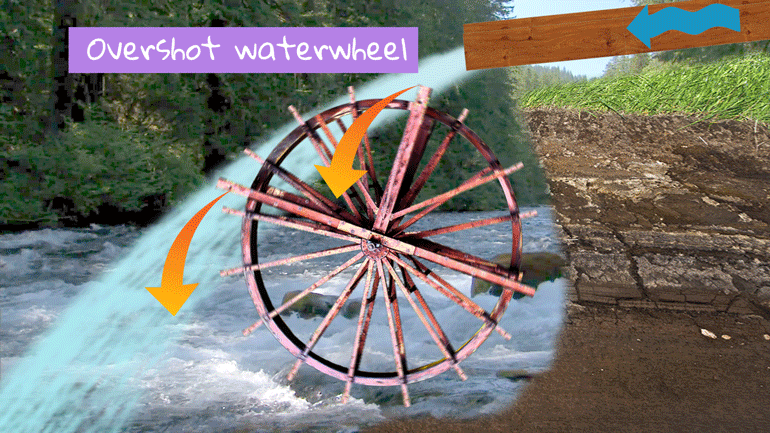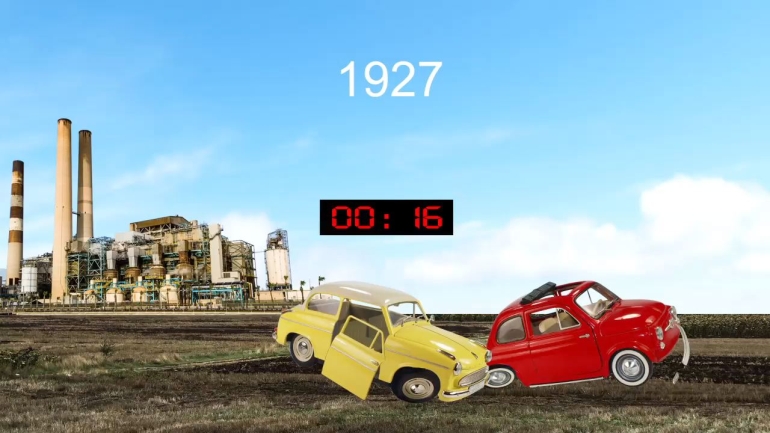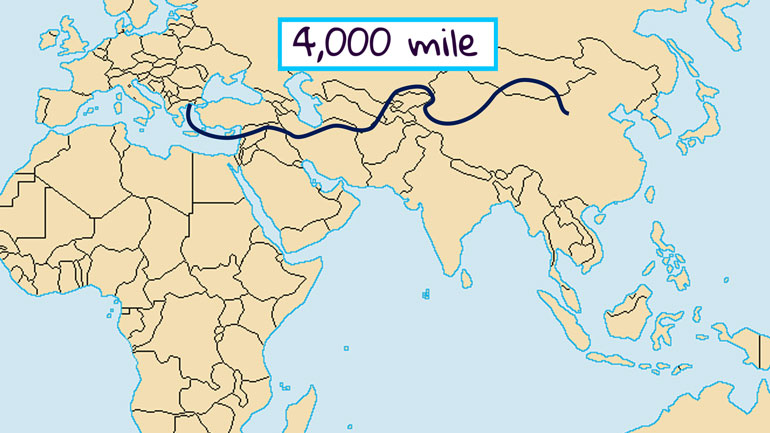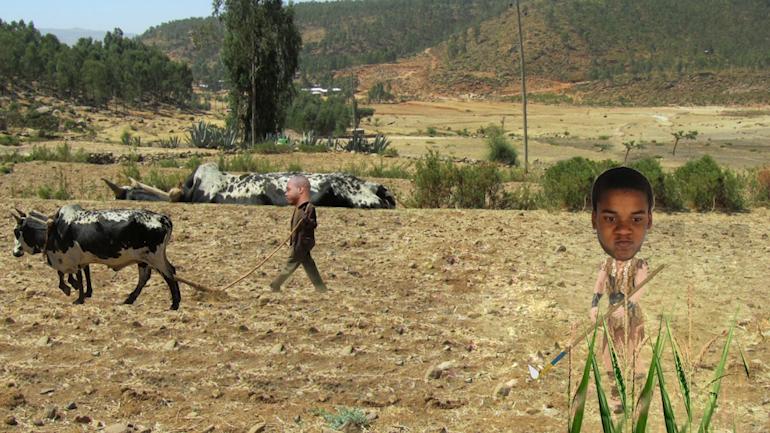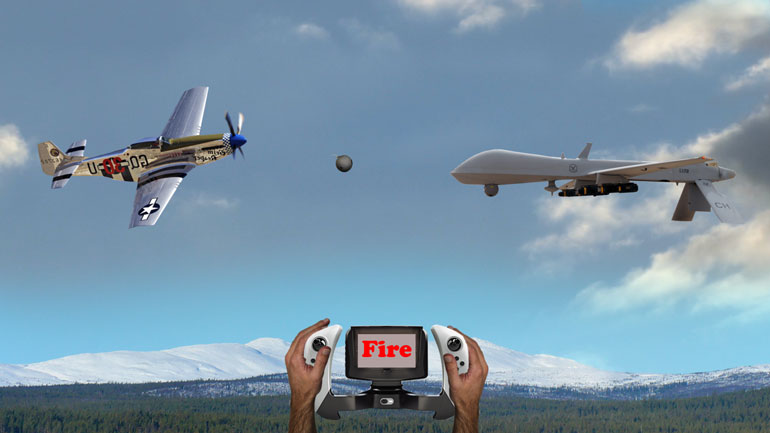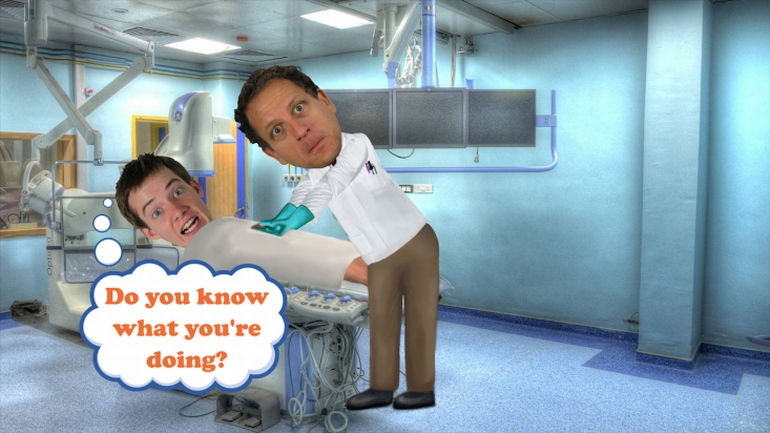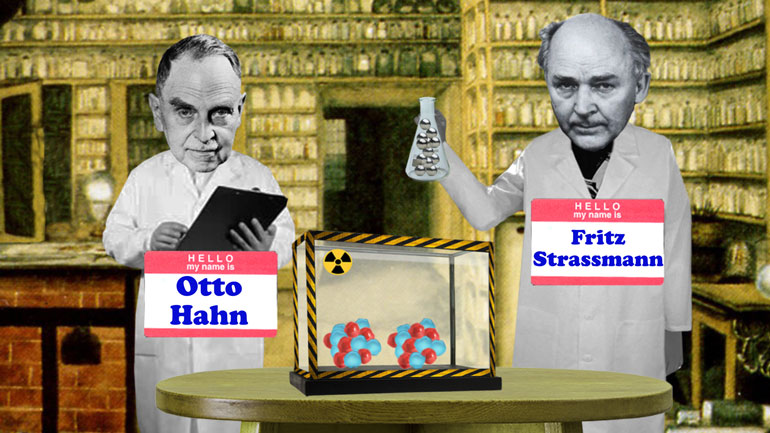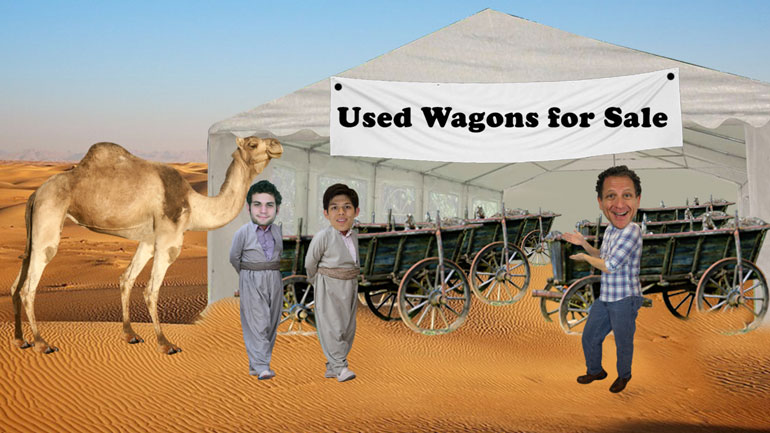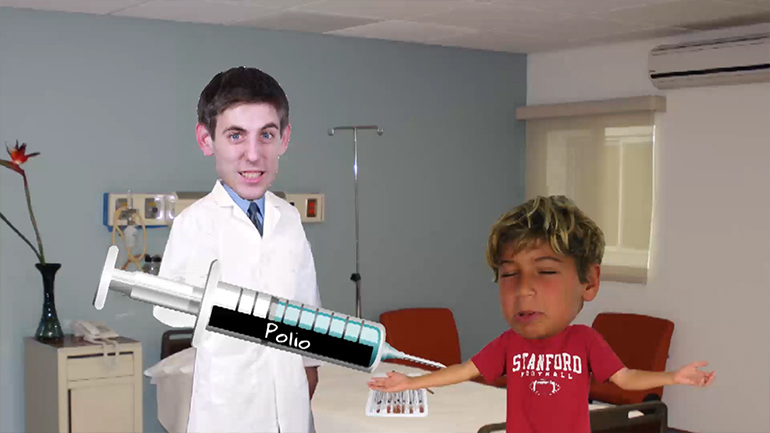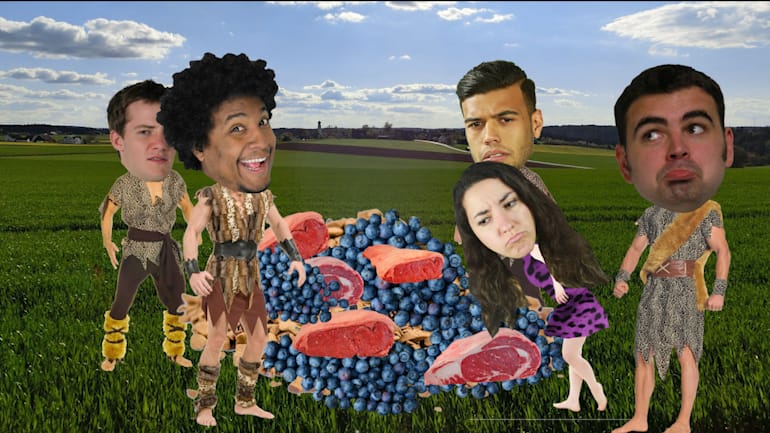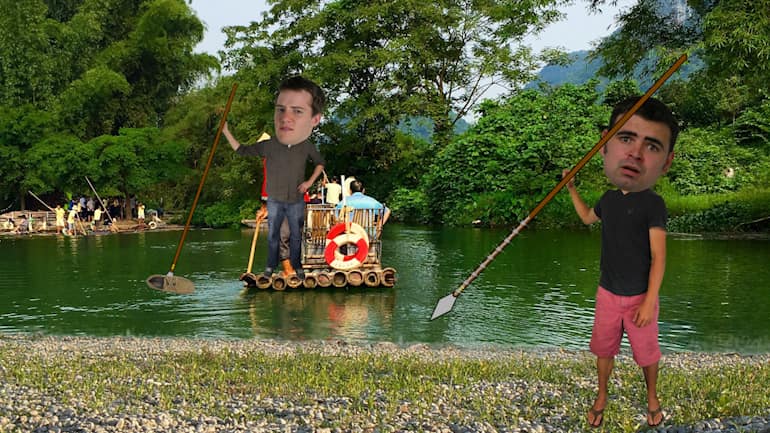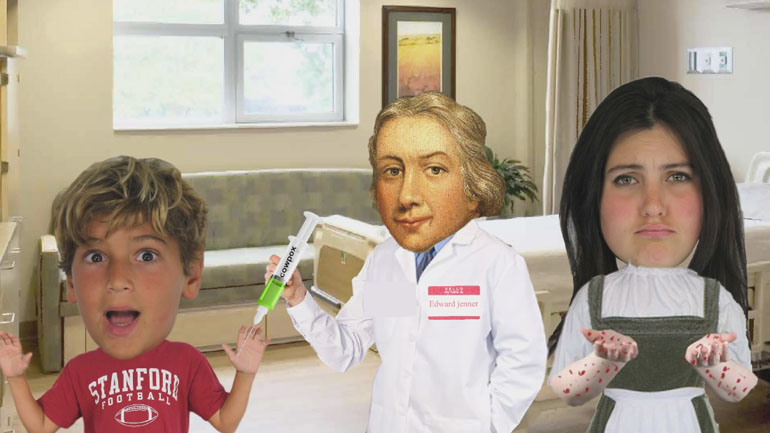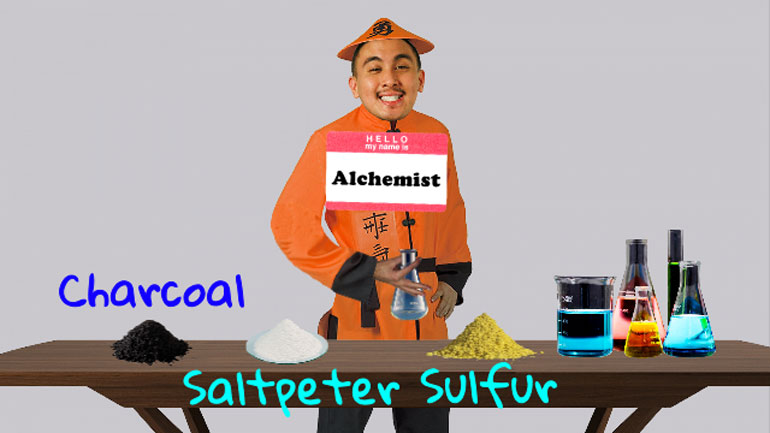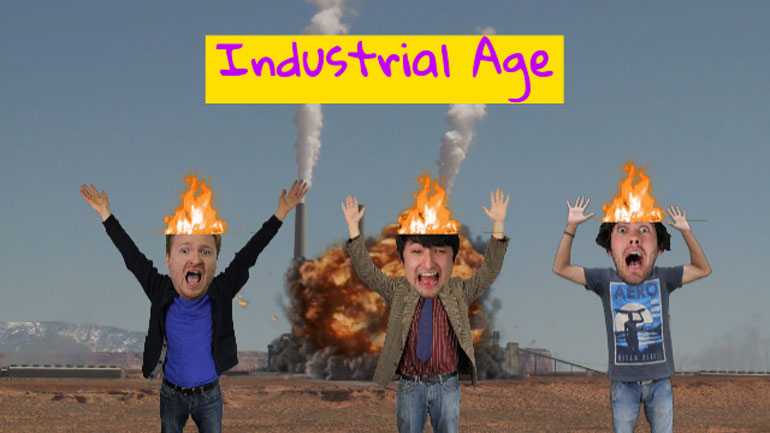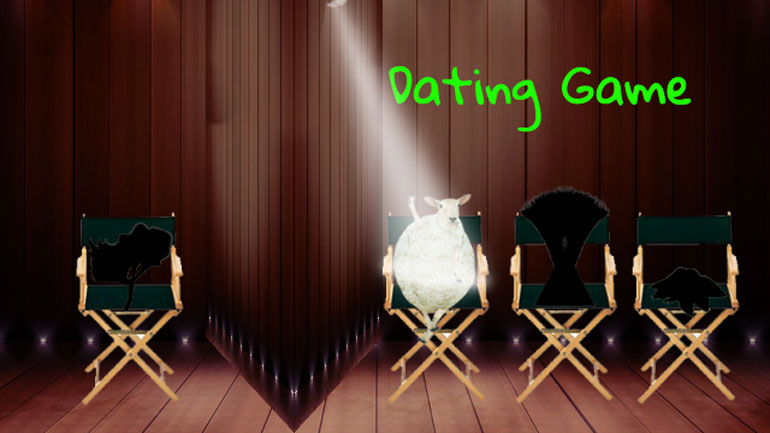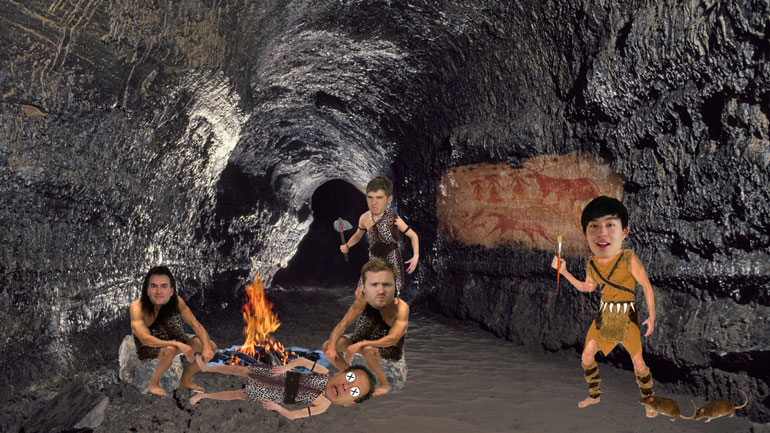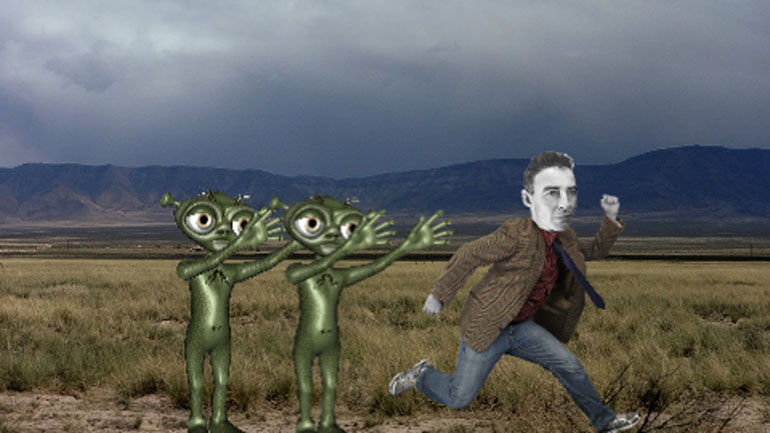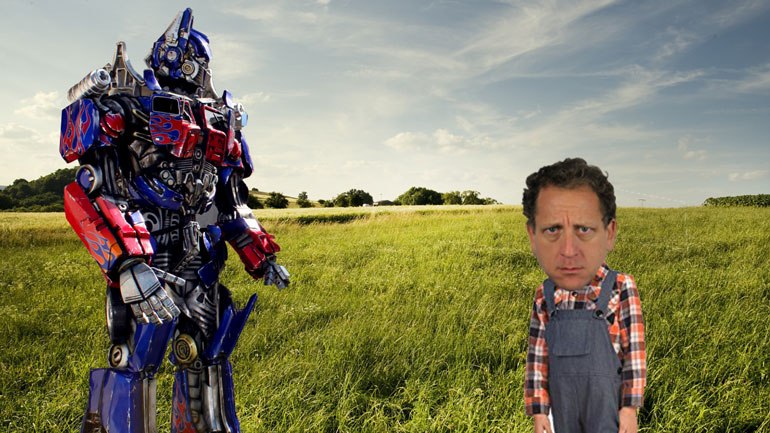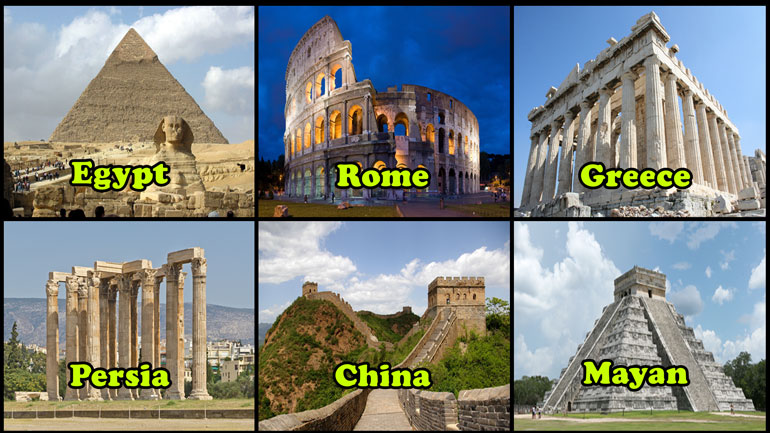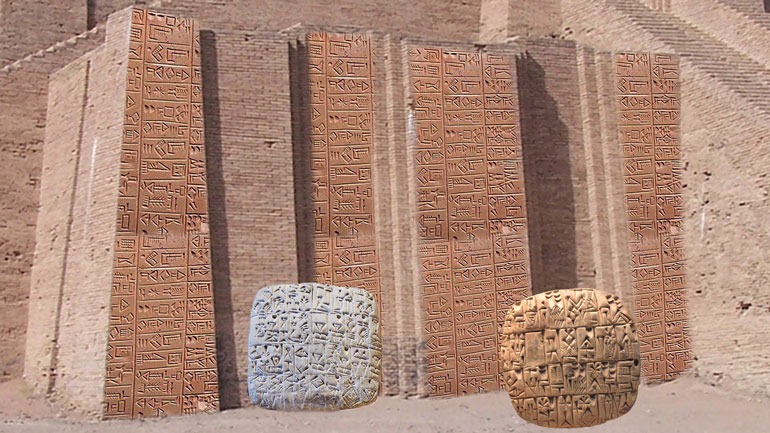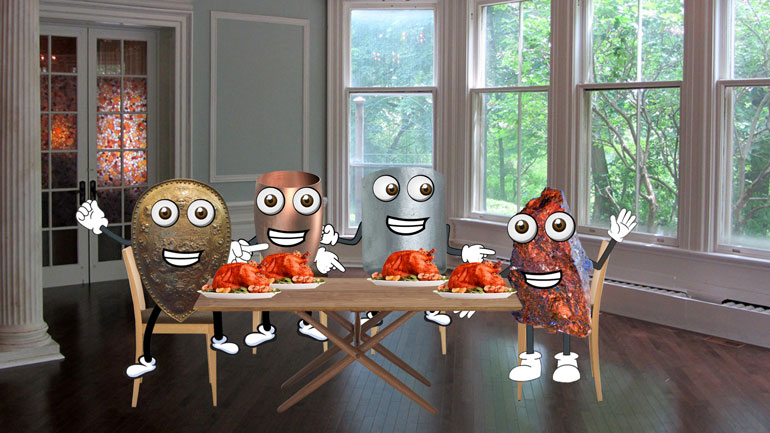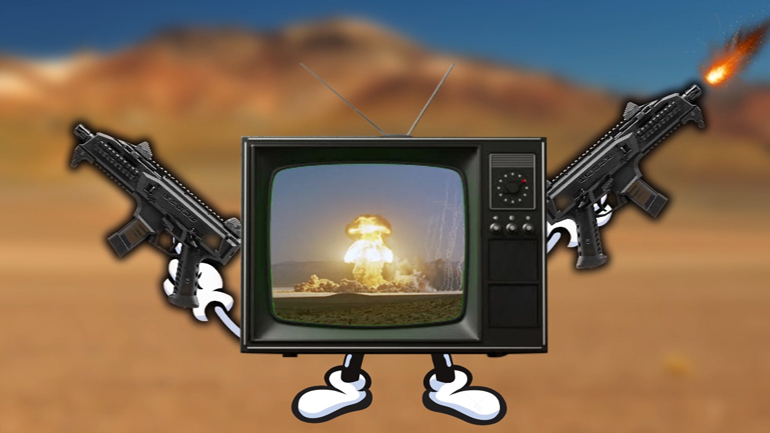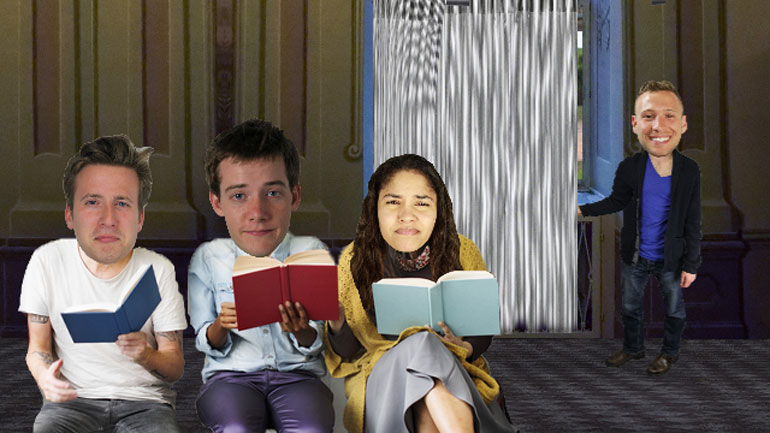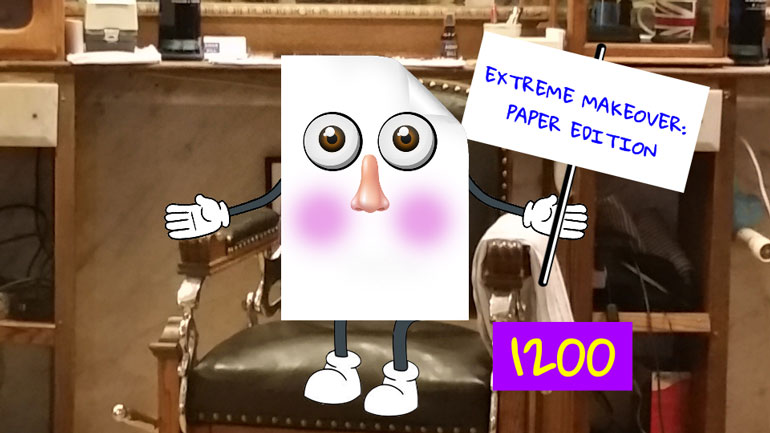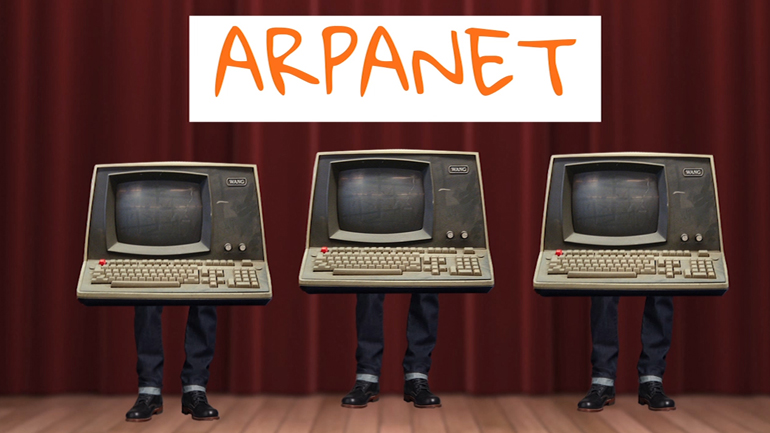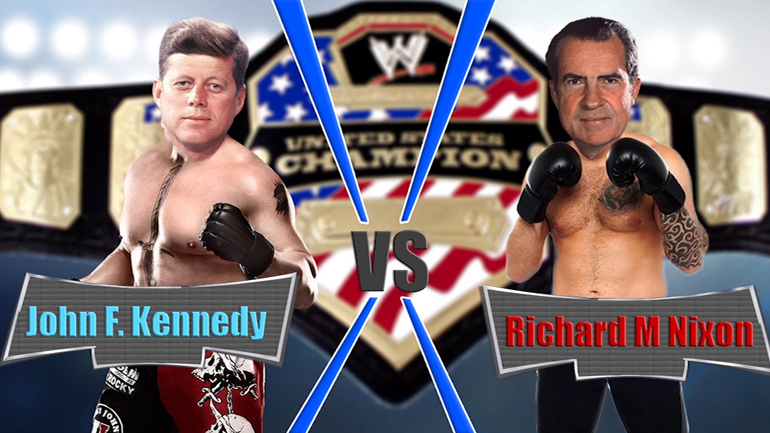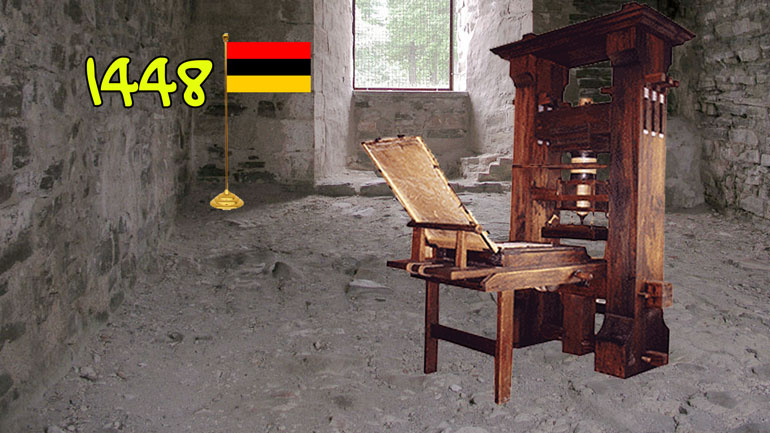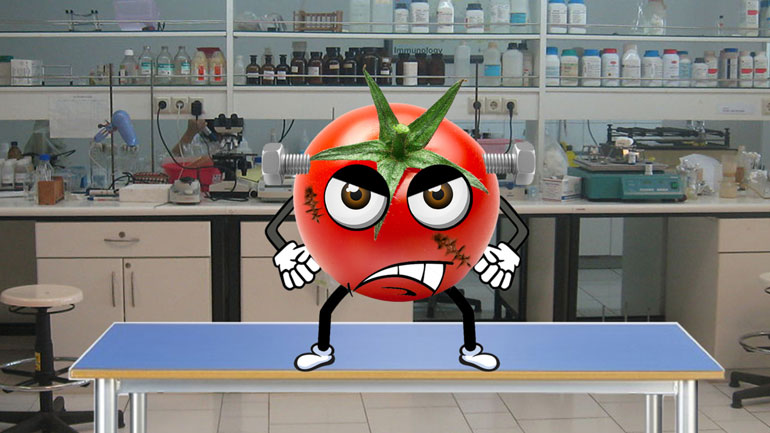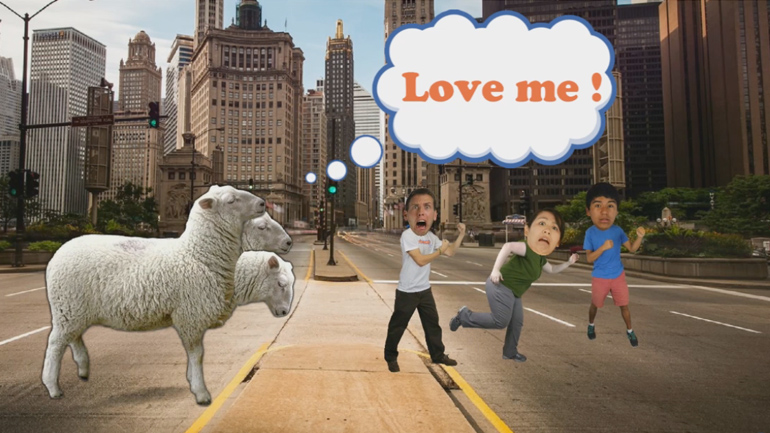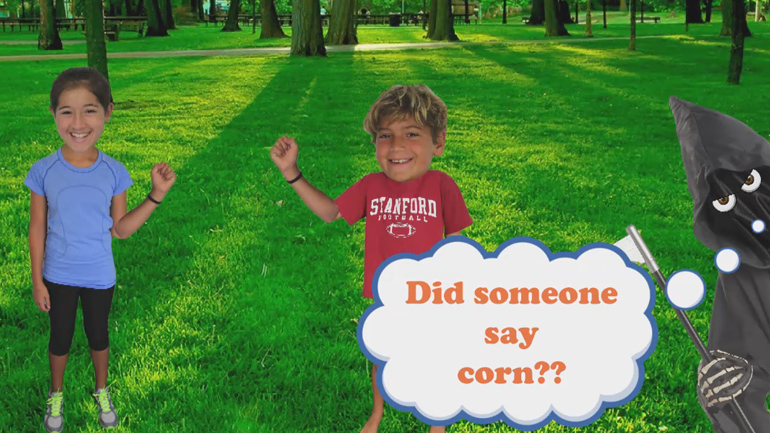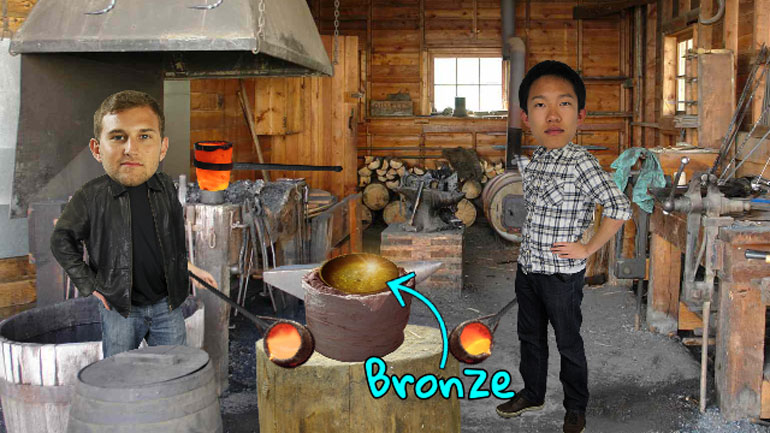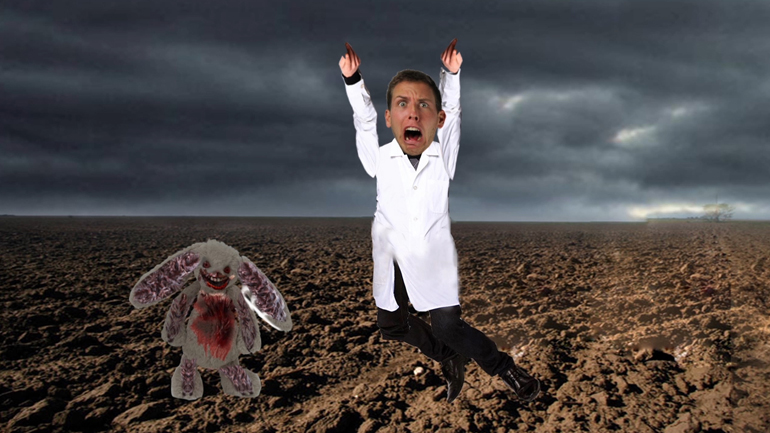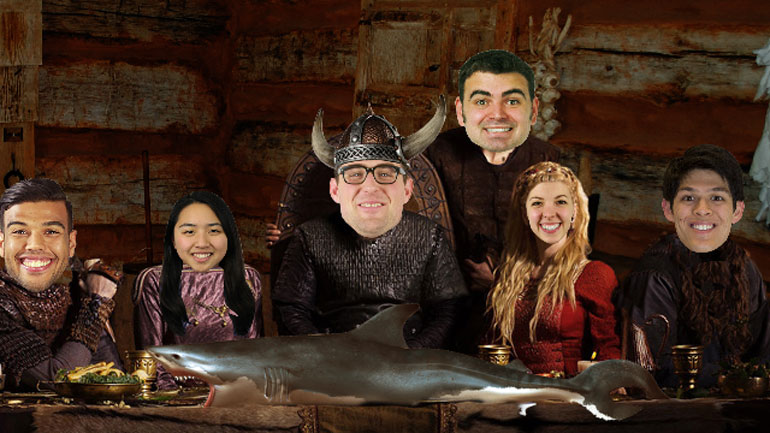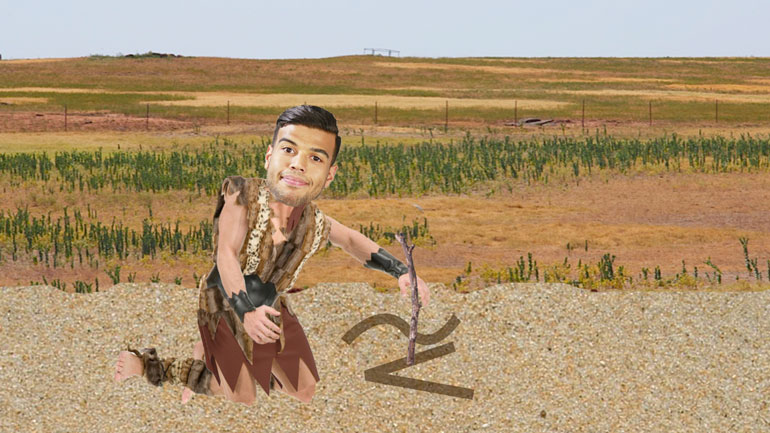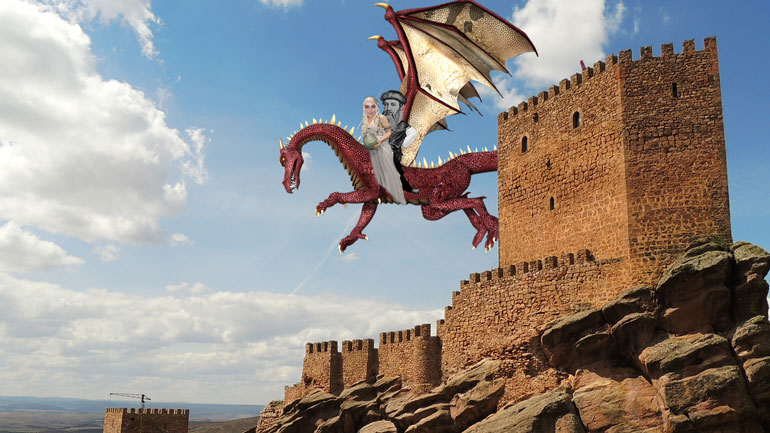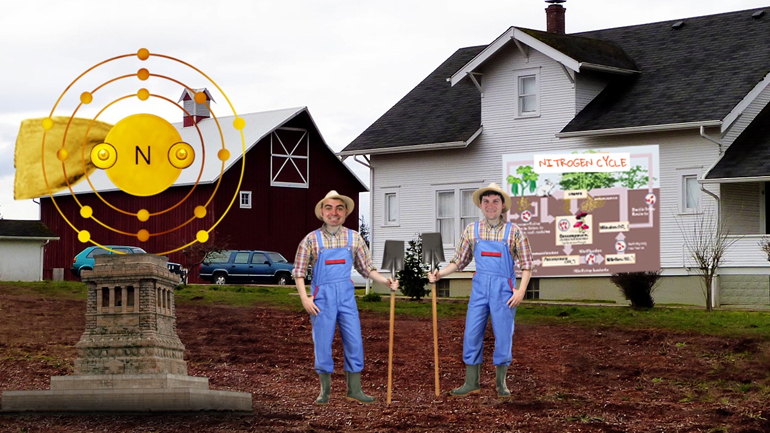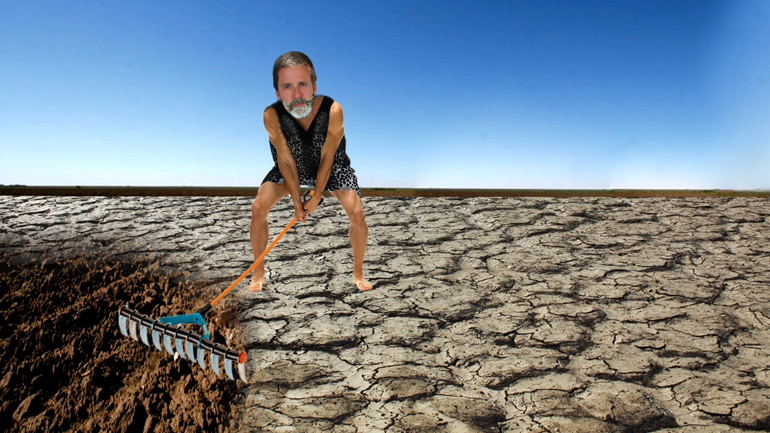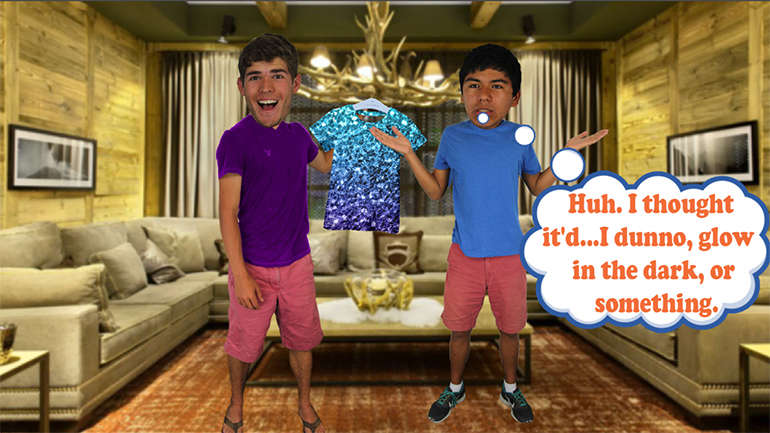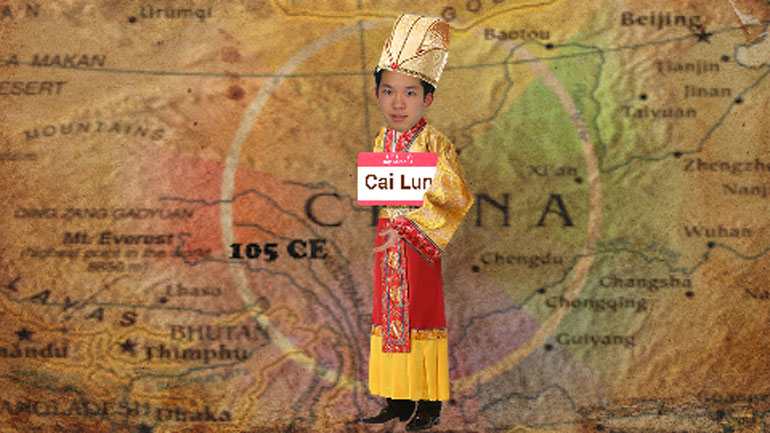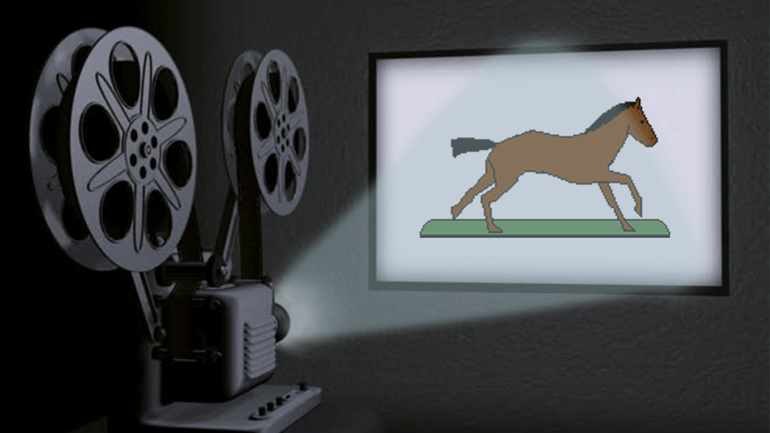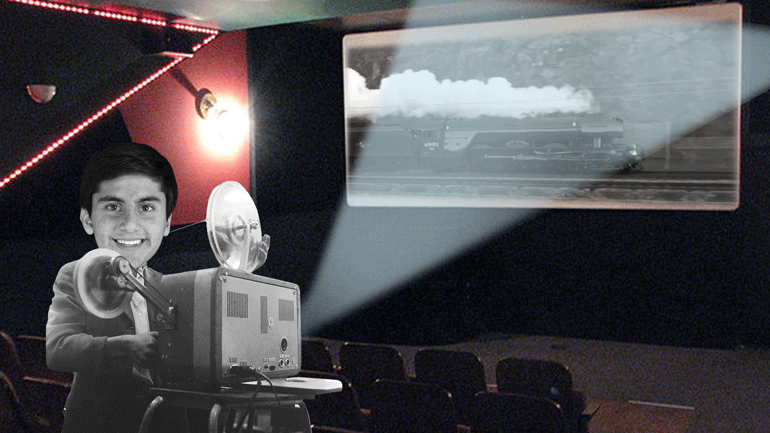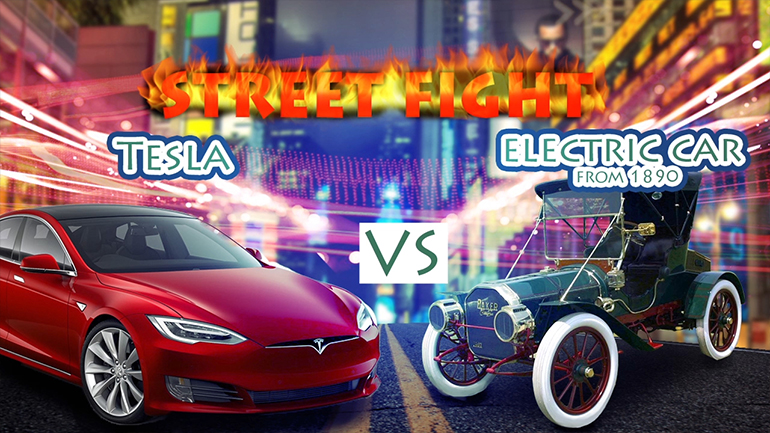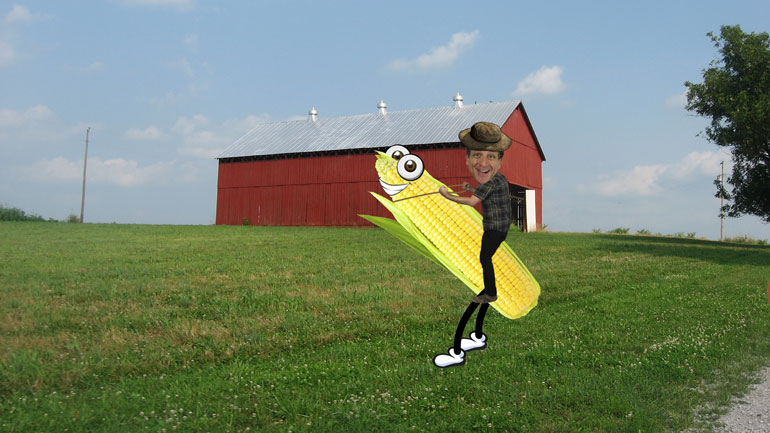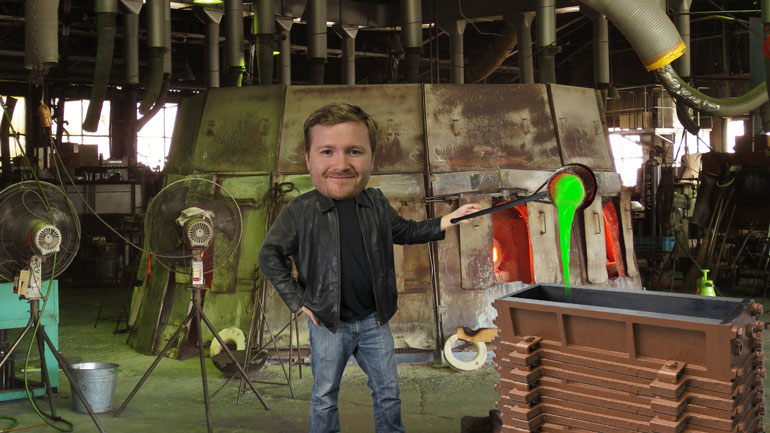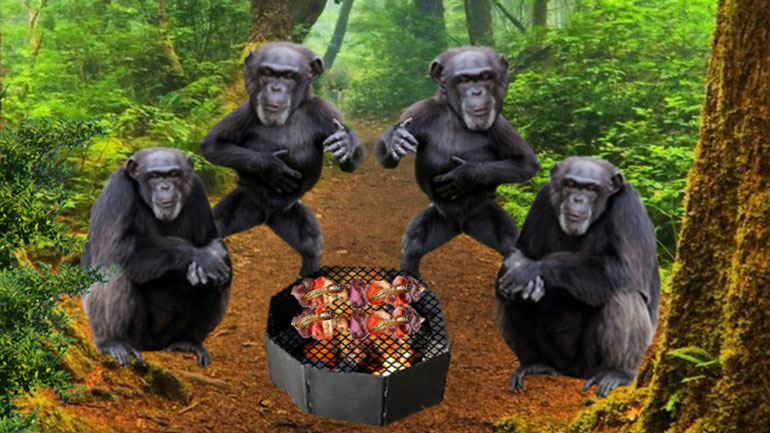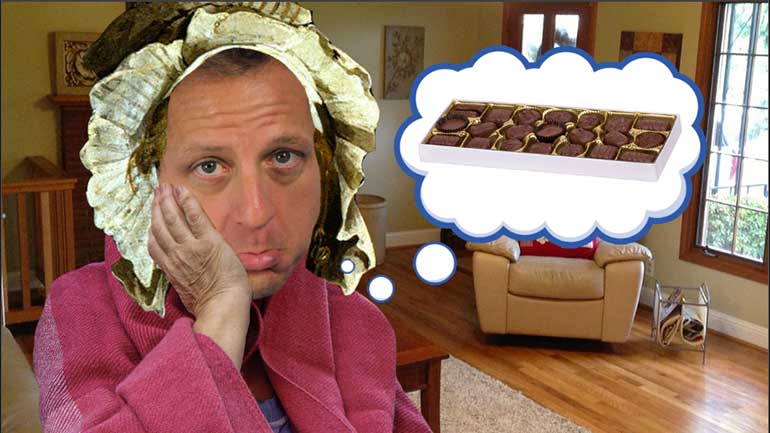ShmoopTube
Where Monty Python meets your 10th grade teacher.
Search Thousands of Shmoop Videos
History of Technology Videos 160 videos
What's the deal with wind? And why does it have to be so...windy?
How did people move stuff around before the wheel was invented? More importantly, why didn't they take a break for a few minutes from moving stuff...
History of Technology 5: History of Technology 3: Development of Agriculture 22 Views
Share It!
Description:
If you learn one thing from this video about the development of agriculture, let it be this: you can always distract the Grim Reaper with an ear of corn.
Transcript
- 00:00
Shmoop around 10,000 years ago the transition to agriculture was well on
- 00:07
its way it officially started in different places at slightly different [a cave man and woman digging]
- 00:10
times China West Africa South America and the
- 00:13
Fertile Crescent in Mesopotamia now that last one is not to be confused with the
- 00:17
Fertile Crescent role which is an entirely different thing
Full Transcript
- 00:21
agriculture probably got the earliest strongest start in the Fertile crescent [an empty desert land]
- 00:25
which is some lovely farmland in modern-day Iraq archaeologists have
- 00:29
found evidence that there were fully domesticated animals and plants in that
- 00:32
area around 9,000 years ago we wonder if they were as obsessed with their [a man taking a selfie with a cow]
- 00:37
domesticated animals as we are with ours well they also started grinding and
- 00:41
storing grain living in settled villages irrigating their fields and making bread [someone squishing a ball of dough]
- 00:46
what about bread bowls well we sure hope so how else would they have enjoyed
- 00:50
their clam chowder but most of those changes were the result of new ideas and
- 00:54
strategies but they came with some important new tools like hose. Hose
- 00:59
were tools used to move dirt around there just sticks with some flat stone [a hose stuck in some dry land]
- 01:03
pieces at one end but don't underestimate them they can be used for
- 01:07
weeding killing digging and zombie killing in a pinch then there were
- 01:12
[a man swinging an aardvark] simple plows called ards yeah they were basically pointed sticks that were
- 01:16
dragged over the ground and named by pirates plowing the ground helped turn
- 01:21
over weeds aerate the soil and create cute little furrows for seeds sickles
- 01:25
also were also a big deal these look like clone boomerang with one sharp edge they [a furrow flying through a crop field]
- 01:31
were used by early farmers to harvest green crops by slicing the cops off the
- 01:35
stalks and by the Grim Reaper to harvest soul and corn then the Reaper loves corn [grim reaper holding corn]
- 01:41
so agriculture developed slowly and took a lot of work but why do we care
- 01:46
well farming was the basis for most of human civilization and it changed
- 01:50
everything from human health to political organization to our
- 01:53
relationship with nature so you know nothing to write home about as usual [a hand writing a letter to mom]
- 01:58
some changes were bad and some were good one positive thing was the creation of
- 02:02
food surpluses when we farmed we were making a big investment in time and
- 02:07
labor and hoping we'd come out with a whole bunch of food at the end of the [grim reaper stood in a field with two kids]
- 02:11
season if our bets paid off we ended up with a
- 02:13
nice surplus of food at the end of the day and our community would be able to [a huge field of crops]
- 02:17
survive droughts or hurricanes or marauding bands of hungry baboon those
- 02:22
guys have no manners all these food surplus is also created larger settled
- 02:27
population more people that hang out together in farm the more food they have [farmhouses and huts on a farm land]
- 02:31
while hunter-gatherers could only hunt and gather so much before their supplies
- 02:36
ran out so their populations a stayed on the low side with agriculture we
- 02:40
suddenly had towns and cities while agriculture also allowed humans to make [a boy holding a sign in a hallway]
- 02:44
a lot of cool stuff they could use certain plant fibers to make cloth like
- 02:49
cotton and silk and the hair and hides of their critters to make clothes and
- 02:53
leather goods so yep that about covers the good stuff what about the bad [children eating plants in a field]
- 02:57
well weirdly agriculture didn't make humans healthier than they'd been before
- 03:01
the agricultural diet didn't have much meat in it and sometimes people ate so
- 03:06
much of the same crops they missed out on important minerals and vitamins and [raining vegetables on a girl]
- 03:10
there were no GNC's back then hunter-gatherers had a more diverse diet
- 03:14
even if they were probably eating fewer calories per person yeah the world was
- 03:19
their GNC basically what we lost a ton of leisure time back in the [father and son hunting in a field]
- 03:23
hunter-gatherer days too - turns out farming is hard yeah we know shocker
- 03:28
it takes more hours of labour to grow our own food than the shades of sand
- 03:31
which meant that the average person's leisure time basically disappeared many [a man driving a tractor through a field]
- 03:36
scholars Imperius also think that agriculture increased the importance of
- 03:39
hierarchy in communities since farming produced surpluses of food it was
- 03:44
possible for some people to eat without contributing to the work and thus the [a giant stand with assorted fruits]
- 03:48
fat cats were born well some people even think that large agricultural systems
- 03:53
encourage things like slave labour again farming was a lot of work and for some
- 03:58
it seemed much more pleasant to force others to do that work than them Oh
- 04:02
humanity what are we going to do with us an agriculture and hunter-gatherers both [a map of a large land]
- 04:06
depleted the world's resources but the mobility and low population of
- 04:10
hunter-gatherers kept the effects of their grabby little hands to a minimum
- 04:15
agriculture on the other hand supported larger populations of people and led to
- 04:19
[lots of smoke bellowing through a town] some serious environmental damage this was especially true for soil quality if
- 04:24
we hang out and grow the same crops in the same field for
- 04:26
a decade or so we're going to have a dusty problem on our hands we might even [a persons dusty hand in an empty field]
- 04:31
have a dust bowl like America had during the Great Depression if only it had been
- 04:35
a bread bowl everyone would have been much less depressed heck if it had been
- 04:38
a fertile crescent roll folks would have been ecstatic [girl throwing a crescent roll into a crowd of people]
Related Videos
GED Social Studies 1.1 Civics and Government
When you're about to marry the love of your life, not many things could stop you. However, finding out that your future hubby is keeping his crazy...
Here at Shmoop, we work for kids, not just the bottom line. Founded by David Siminoff and his wife Ellen Siminoff, Shmoop was originally conceived...
ACT Math: Elementary Algebra Drill 4, Problem 5. What is the solution to the problem shown?
